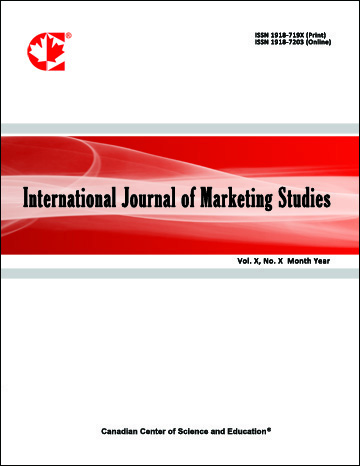Applications of Planned Behavior Theory (TPB) in Jordanian Tourism
- Mamdouh AL Ziadat
Abstract
This study tested the sufficiency and application of the Theory of Planned Behavior (TPB) in tourism of Jordan by examining the antecedents of revisit intention/actual visit behavior, and the mediating effect of revisit intention in the relationship between perceived behavior control (PBC) and actual visit behavior (ACT). This study used a survey data of 403 international tourists who visited Jordan. Confirmatory Factor Analysis (CFA) was performed to examine the reliability and validity of the measurement, and the structural equation modeling techniques (Amos 20) were used to evaluate the casual model. Results of the study demonstrate the strong predictive power of the original TPB model to explain international tourists' behavior in Jordan. The findings highlighted that the relationship between tourist attitude and subjective norm are significant and positive on revisit intention. In addition, revisit intention and perceived behavior control are significant and show positive direct impacts on actual visit behavior. In contrast, perceived behavior control yields insignificant impact on revisit intention. Revisit intention however, does not have mediating effect in the relationship between perceived behavior control and actual visit behavior.
- Full Text:
 PDF
PDF
- DOI:10.5539/ijms.v7n3p95
Journal Metrics
Google-based Impact Factor (2021): 1.34
h-index (July 2022): 70
i10-index (July 2022): 373
Index
- Academic Journals Database
- CNKI Scholar
- EconBiz
- Electronic Journals Library
- Excellence in Research for Australia (ERA)
- GETIT@YALE (Yale University Library)
- Harvard Library
- IBZ Online
- Infotrieve
- JournalTOCs
- LOCKSS
- MIAR
- PKP Open Archives Harvester
- RePEc
- ResearchGate
- ROAD
- Scilit
- SHERPA/RoMEO
- Stanford Libraries
- UCR Library
Contact
- Alyssa SunEditorial Assistant
- ijms@ccsenet.org
